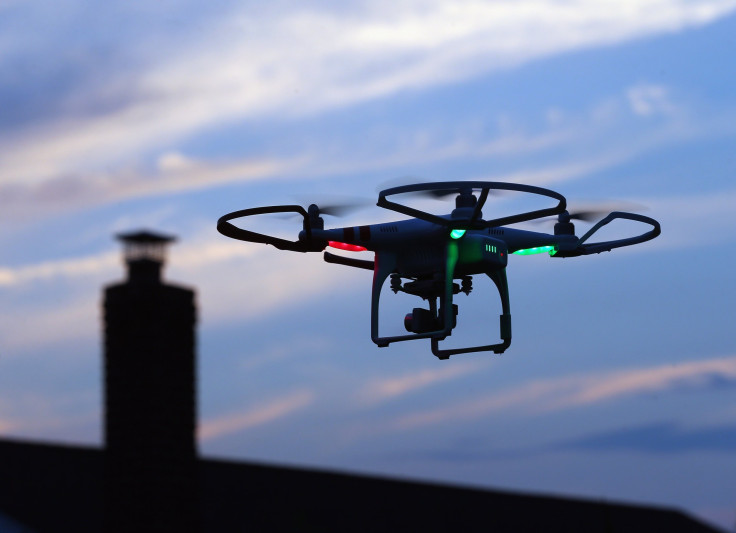DJI Could Hand Over Phantom Drone Flight Data In Hong Kong To China If Requested

Chinese-based drone manufacturer DJI said Wednesday it complies with government requests to hand over data collected by unmanned aerial vehicles, the New York Times reported. This is a standard requirement for any business working in the country, but DJI stated it could provide data from drones flown in Hong Kong if requested to do so by the Chinese government.
If the Chinese government requests data from a particular drone, DJI will notify the user, company spokesman Zhang Fanxi said in a press briefing held in Shenzhen, the mainland industrial city near Hong Kong. "We are constantly having communications with our government and related departments. We have made suggestions to regulators and given them our advice, and said that we’re willing to share our data," Zhang said.
The data collected by drones, such as DJI's popular Phantom line of UAVs, includes GPS location, flight logs and video. Zhang said DJI would comply with Chinese requests for data within the county, with the possibility of data from Hong Kong being handed over to the government.
Part of the uncertainty is due to regulations being unable to catch up with the burgeoning drone industry. Without formal laws, it's unclear to what extent DJI should comply with government requests. Other aspects of the drone industry — such as a storage period for data or any limitations on what information collection — also need to be addressed, Lokman Tsui, a freedom-of-expression expert from the School of Journalism and Communication at the Chinese University of Hong Kong, told Bloomberg News.
Hardware manufactured in China carries additional concerns over potential backdoors or security loopholes due to China's stance on access in order to reduce potential threats to society and the government. Recent Chinese legislation had preliminary language that required encryption keys to be given to the government, but that component was removed, the New York Times noted. Huawei routers were the subject of a National Security Agency investigation, revealed by the Edward Snowden leaks, due to concerns over a hardware backdoor. Chinese smartphones and browsers have been found to have security flaws that could be exploited by hackers.
© Copyright IBTimes 2025. All rights reserved.





















